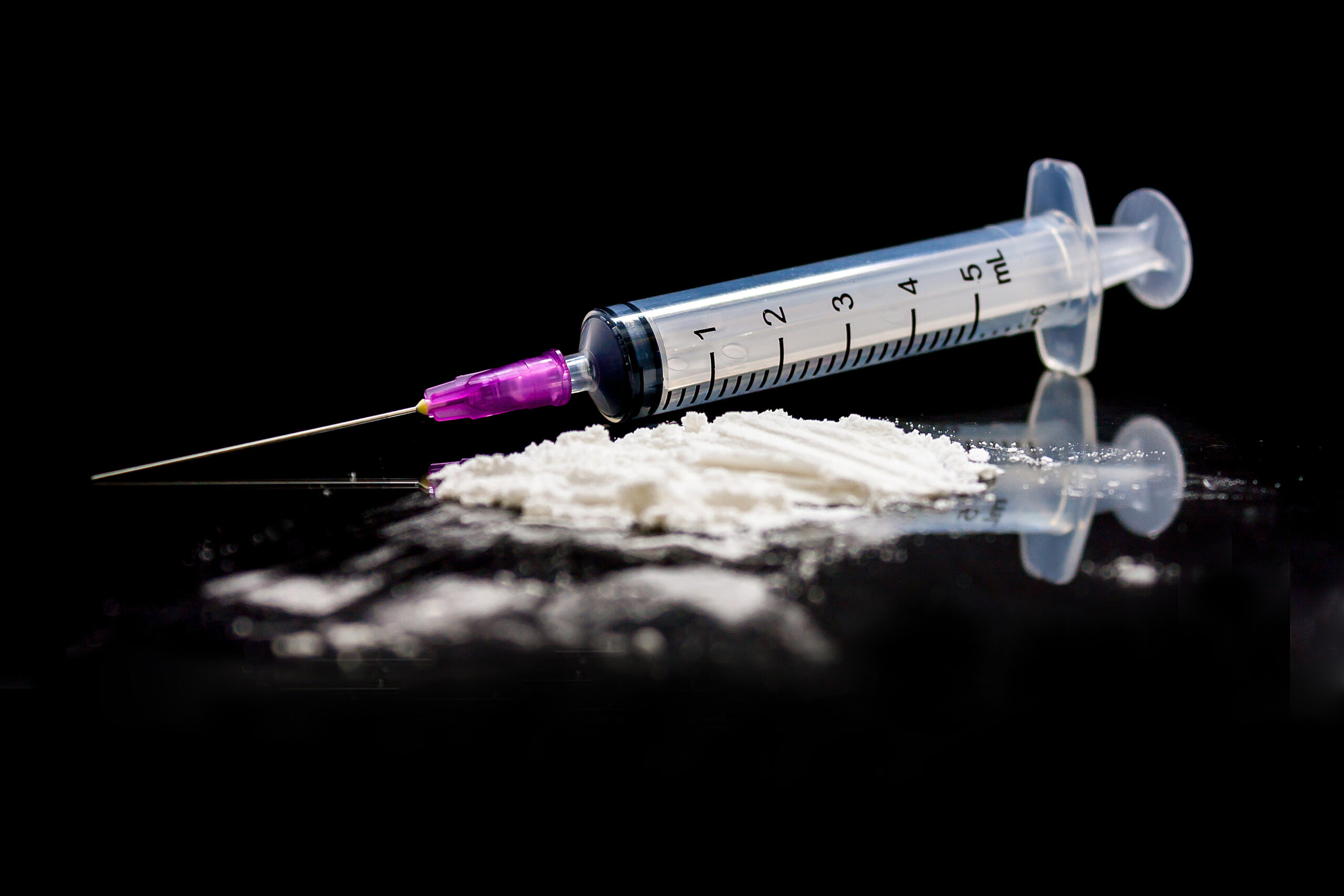Ten Lessons About Opioid Addiction You Need To Learn Before You Hit 40
작성자 정보
- Forest 작성
- 작성일
본문
 Introduction:
Introduction:Cocaine addiction is a critical community health issue who has extensive implications for folks, households, and community all together. The addictive properties of the stimulant medicine ensure it is difficult to get over, leading to damaging effects for people in both the quick and lasting. This report is designed to provide insights into cocaine addiction, its impacts, and potential treatment options.
 The Range of Problem:
The Range of Problem:Cocaine addiction has-been on the rise globally, affecting huge numbers of people from all walks of life. The first attraction for the drug lies in being able to cause emotions of euphoria, increased power, and heightened self-confidence. However, repeated use frequently contributes to threshold, calling for higher doses to ultimately achieve the desired result. This pattern of use can easily spiral out of control, causing addiction.
 Aftereffects of Cocaine Addiction:
Aftereffects of Cocaine Addiction:The actual and psychological effects of cocaine addiction can be damaging. Physiologically, prolonged abuse associated with the medicine can result in cardiovascular complications, breathing issues, and damage to body organs such as the liver and kidneys. Mental health problems such as depression, anxiety, and paranoid psychosis are common those types of struggling with cocaine addiction. The financial burden of these addiction are astronomical, as people prioritize getting the drug over meeting everyday requirements, resulting in task reduction, bankruptcy, and strained relationships.
Underlying Elements and Danger Aspects:
Different elements subscribe to the introduction of cocaine addiction. Socioeconomic status, genetic predisposition, and mental elements such as for instance impulsivity and thrill-seeking behavior all be the cause in increasing an individual's vulnerability to addiction. In addition, exposure to a supportive environment, familial history of substance abuse, and childhood stress can considerably increase the risk of cocaine addiction.
Treatments:
Handling cocaine addiction needs a comprehensive method that integrates medical, mental, and personal treatments. Detoxification is generally the initial step, enabling people to safely withdraw through the drug under medical supervision. Medicines are recommended to manage detachment symptoms and minimize cravings. Cognitive-behavioral therapy (CBT) indicates encouraging results, helping individuals identify causes, develop coping systems, and modify maladaptive patterns of thinking and behavior.
Supporting sites including 12-step programs or team treatment are important in cultivating data recovery and offering continuous help. Holistic techniques that focus on changes in lifestyle, stress decrease methods, and alternate therapies like acupuncture or meditation may being investigated to fit conventional treatments.
Protection and knowledge:
Protection is an important aspect in fighting cocaine addiction. General public health promotions that stress the dangers of cocaine usage, its addictive nature, as well as the prospective consequences are necessary in curbing its prevalence. Schools and academic institutions should apply evidence-based substance abuse programs that educate youthful people about the risks associated with drug use and instruct refusal skills.
Summary:
Cocaine addiction stays an important community wellness nervous about far-reaching effects. The vicious cycle of addiction and its own damaging results on actual and mental health necessitate efficient prevention projects, very early input, and comprehensive treatments. It is necessary that governments, healthcare specialists, and communities interact to address this damaging epidemic and offer the needed help for the people experiencing cocaine addiction.
관련자료
-
이전
-
다음작성일 2023.12.08 15:02
댓글 0개
등록된 댓글이 없습니다.







